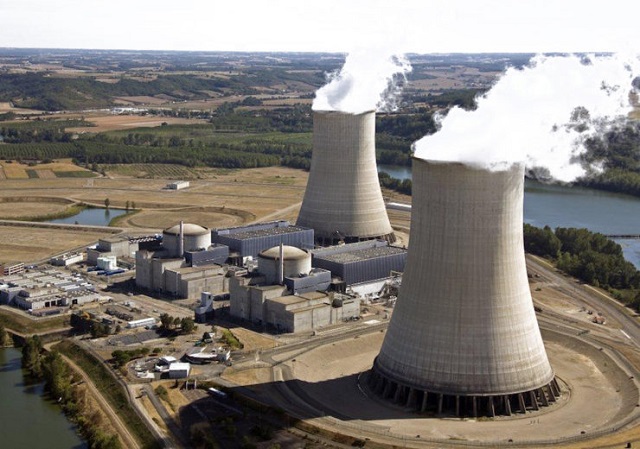In the global pursuit of cleaner and more efficient energy sources, High Assay Low Enriched Uranium (HALEU) is taking center stage, particularly in the context of Uganda’s ambitions to introduce nuclear power to its energy mix.
According to recent statements from the International Atomic Energy Agency (IAEA), HALEU is being heralded as a game-changer for nuclear energy technology.
Olena Mykolaichuk, Director of the Division of Nuclear Fuel Cycle and Waste Technology at the IAEA, underscored the potential advantages of HALEU, revealing its ability to enable smaller reactor designs, longer operating cycles, and increased efficiencies.
This comes at a time when more than 22 countries, convened at the UN Climate Change Conference, have voiced support for expanding nuclear power capacity by 2050.
HALEU, primarily produced in Russia and the United States, has prompted nations like Britain and the US to invest in domestic production, aiming to reduce dependence on imports and bolster energy security.
Last year, the Euratom Supply Agency urged Europe to develop its own HALEU capabilities amid concerns over future supply reliability. Despite initial setbacks following the Fukushima disaster, nuclear power is witnessing a resurgence, as noted by the International Energy Agency (IEA).
In Uganda, plans for a nuclear power plant by 2031 have sparked debate over the choice of technology and fuel. While traditional nuclear reactors have faced scrutiny over safety and cost concerns, Small Modular Reactors (SMRs) fueled by HALEU are gaining attention for their potential to address these challenges.
Experts suggest that Uganda, despite its significant uranium deposits, carefully consider the pros and cons of different reactor types. The Nuclear Power Roadmap, aiming for substantial capacity by 2026, outlines ambitious goals but also requires considerable investment, as highlighted by assessments from AF-Consult Switzerland.
As Uganda navigates its energy transition, the choice of nuclear technology and fuel will play a crucial role in shaping its energy future. With HALEU emerging as a promising option, the country faces a pivotal decision that could have lasting implications for its energy security and sustainability.





